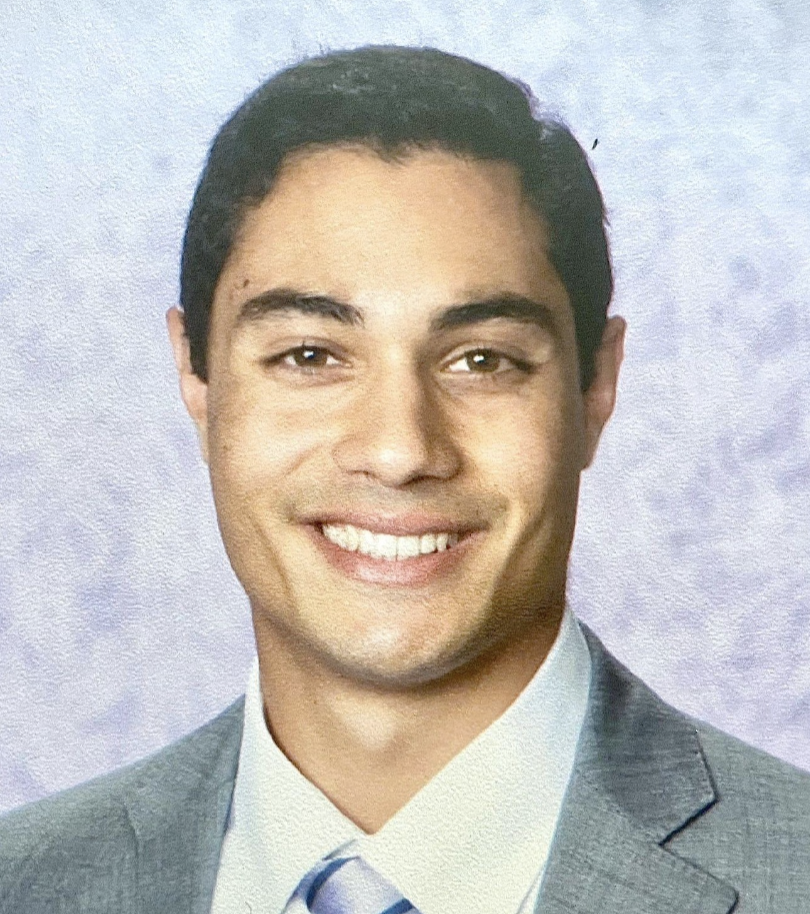Behind every mathematician is a beautiful mind: one that has been forged through years of critical thinking. Their minds are molded by countless failed attempts at solving problems and refined by the exposure to remarkable ideas explored along a lifetime of learning. How can we train our minds to see the world more like mathematicians do? The map forward is simple: experience how problem solving, critical thinking, and creativity are developed so that math is the approach, rather than the outcome, for solving the world’s most complex problems.
Step 1: Create your framework
“Nature is written in mathematical language.” - Galileo Galilei
The entire subject of mathematics is composed of theories - frameworks that begin with basic definitions followed by a set of fundamental principles, or axioms, that are used to derive all of the true statements contained in the framework. Mathematicians are adept at building out theories by “beginning at first principles”, or creating frameworks from scratch. Building anything from scratch can be daunting, but there’s a real art to it, and the final result can be magnificent. It’s all pretty similar to cooking - if I want to make a menu from scratch, I have to first go get some ingredients, and then I can formulate a recipe. Then, I can combine, compose, and connect recipes together to create an entire cookbook. Similarly, I can formulate a set of core principles from clear definitions of key terms, and then use the principles to derive an entire library of consequential statements. Thus in creating a framework, we build a cookbook, or library of ideas, to help us solve certain problems in a systematic and fundamental manner.
Step 2: Organize Your Thoughts
“Mathematics compares the most diverse phenomena and discovers the secret analogies that unite them.” - Joseph Fourier
Frameworks are fundamental, but they are meaningless if not organized and applied properly. Different problems might require different frameworks, and knowing which framework(s) to apply or combine to solve a problem is done most proficiently with an organized mind. Mathematicians can seamlessly surf through sets of different theories and formulate just the right approach for the problem at hand. Consider a parallel: if I wanted to construct an expansive playlist on Spotify that was particularly evocative of a specific vibe, say a chill acoustic vibe, then I would want to find all of the best songs that aligned with the peaceful feeling I get when I listen to chill acoustic vibes. Rather than trying to think of all the songs that bring me peace, I could go to my song library and browse through the playlists that best evoke chill acoustic vibes and build my new playlist from this selective yet expansive set of song choices. I can only do this if my songs are already well organized and grouped by playlists rather than all contained in my all-encompassing “liked songs” playlist. The same is true for solving intellectual problems: we can efficiently find the concepts and ideas essential to solve a task if our thoughts and ideas are well organized into robust frameworks.
Step 3: Abstract and Generalize
“The study of mathematics, like the Nile, begins in minuteness but ends in magnificence.” -Charles Caleb Colton
Math is abstract, and remarkably general, which can make it hard to understand, but its generality is the primary reason behind its power and impact: Math’s generality allows it to be applied to almost any situation. Abstraction is the crucial skill in making a framework general. Abstraction is the ability to let go of the concrete and tangible aspects of a situation and only focus on the underlying components that can be applied to any variation of the original situation. When we abstract, we deepen our fundamental understanding of a framework, making it easier to broaden scope and make our framework more general. Consider the following example: if I notice that my stomach hurts every time I put milk in my coffee, and that I get a headache whenever I eat yogurt and granola for breakfast, then perhaps I should stop consuming those foods. But if I were to practice abstraction, then I might notice that in both cases, I consume foods containing lactose to which my body has a negative response. I can further abstract by noting that lactose intolerance is common in the population, which would enable me to make the more general statement that I could be lactose intolerant. The final statement is a lot more powerful and succinct than the first conclusion, and demonstrates a deeper understanding of my eating habits. Thus, abstraction and generalization can strengthen and broaden frameworks to solve more diverse arrays of problems.
Step 4: Practice Makes Mathematician
“The only way to learn Mathematics is to do Mathematics.” - Paul R. Halmos
Here are some final pieces of advice:
- Listening and asking others how they build frameworks, organize their thoughts, and generalize can provide invaluable insight into how to more effectively approach problems.
- It is important to leave your pride at the door. Failure to solve problems is not a reflection of your intelligence or worth as a student; Failure is an opportunity to refine and strengthen your framework and understanding.
As with all powerful and rewarding skills, learning how to think like a mathematician takes time and practice. Practice building, organizing, and generalizing conceptual frameworks will improve and streamline your problem solving ability, incite a great sense of creativity, and help develop critical thinking abilities to help solve the seemingly most impenetrable open problems in STEM. Armed with this logical roadmap, I hope that you are encouraged to try this way of thinking and these tools are helpful in developing your reasoning and problem solving abilities.

Comments